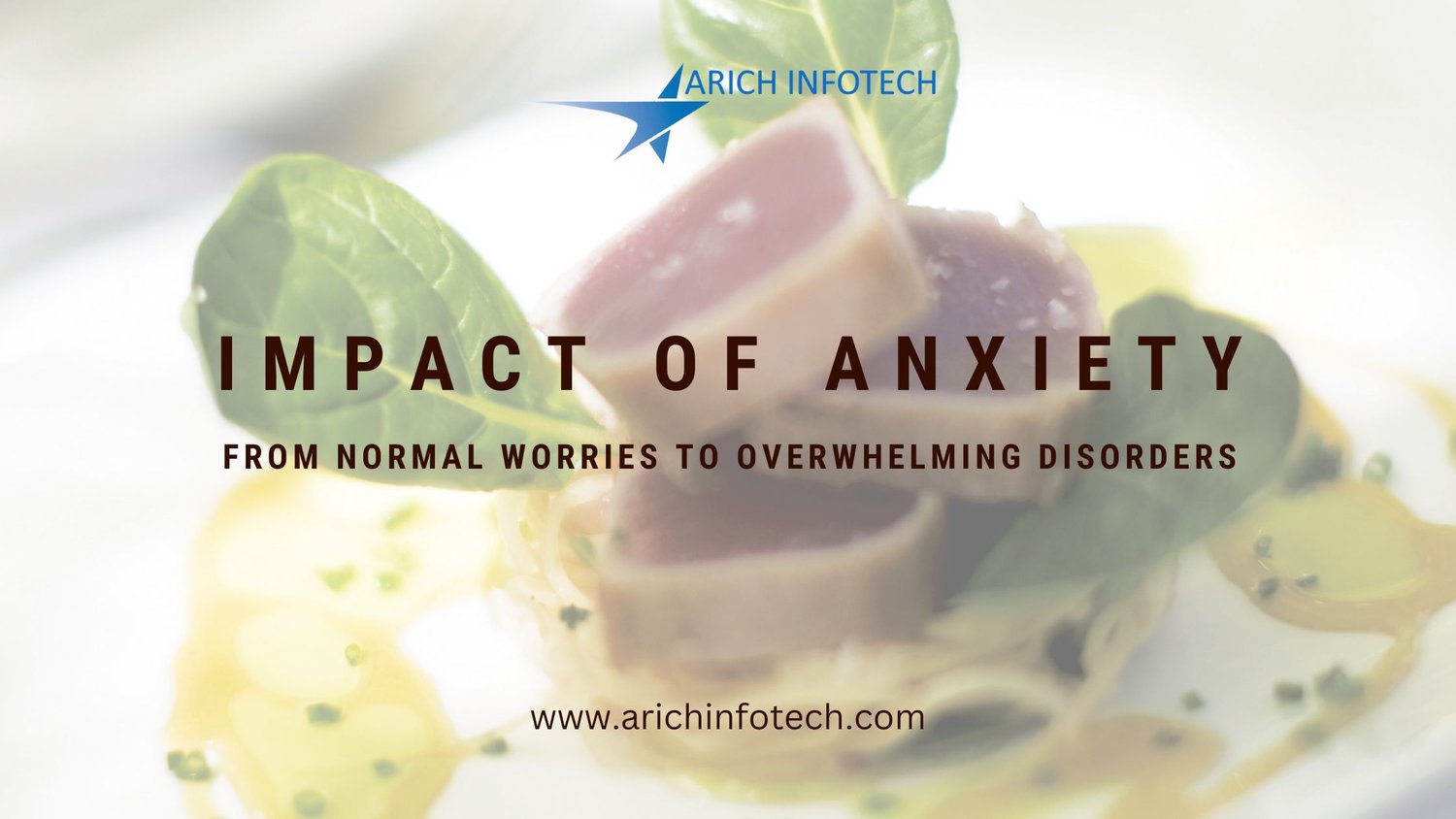Impact of Anxiety
Anxiety. It’s a word that resonates with all of us. We’ve all experienced it at some point in our lives. Whether it’s the feeling of being late for the bus or the worry of not having enough money in our digital wallets when an online order arrives, anxiety is a natural response to situations that demand our attention. In fact, a healthy amount of anxiety can even propel us to perform better and complete tasks efficiently. However, when anxiety crosses a threshold, it can become overwhelming, leading to burnout and affecting our overall well-being.
There are times when we find ourselves anxious about a particular task or person, and this anxiety holds us back from taking action. We become paralyzed by fear and worry, unable to make progress. This chronic state of anxiety is detrimental and can lead to an array of negative consequences. What was once a motivating force turns into a disorder that disrupts our daily lives.
It is crucial to recognize when anxiety becomes excessive and unproductive. For instance, anxiously worrying about how a social media post performed is a wasted form of anxiety. When the consequences of anxiety outweigh its benefits, it’s a sign that it has become a problem. Imagine going for a job interview, anxious to impress the interviewers, only to pass out from overwhelming nervousness. That’s when anxiety has gone too far.
Failing to manage and control anxiety allows it to consume us. However, seeking help and treatment for anxiety disorders should never be stigmatized. It is essential to remember that struggling with anxiety is entirely normal, and reaching out to others for support is a brave and necessary step towards healing. There should be no shame attached to seeking help when faced with anxiety-related challenges.
Extreme anxiety can lead to increased self-consciousness, often resulting in social phobias and panic attacks. However, the digital world we live in offers some respite, as it allows us to avoid certain triggering situations such as crowded shopping centers or overwhelming social gatherings. Online interactions provide a buffer, minimizing the likelihood of panic attacks. But while the digital realm can offer temporary relief, it’s important to address the root causes of anxiety and strive for a life free from its clutches.
In conclusion, anxiety is a common experience that we all encounter. In healthy amounts, it can be a driving force that helps us excel. However, when anxiety becomes overwhelming and starts interfering with our daily lives, it transitions into a disorder that demands attention. It is crucial to recognize the signs and symptoms of excessive anxiety and seek support when needed. By addressing the real problem and seeking treatment, we can live a life free from the constraints of anxiety, allowing ourselves to flourish and thrive.




